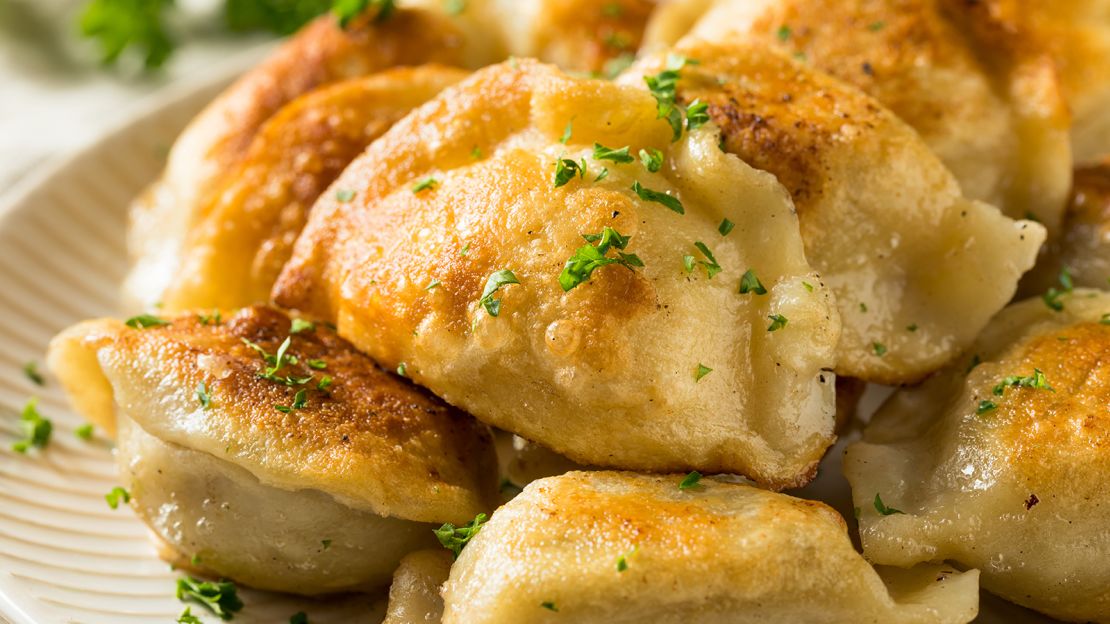
Unraveling the Culinary Secrets of Poland: Spotlight on the National Dish
When it comes to traditional food, Poland's culinary landscape offers a diverse taste palette. However, among a sea of delicious dishes, one gastronomic delight stands out – Pierogi. Often touted as the national food of Poland, Pierogi has a cherished place in the country's culinary tradition and heart. In this article, we'll embark on a gastronomic journey delving deep into the world of Pierogi, the quintessential Polish dish.
A Bite into Pierogi – The Pride of Polish Cuisine
The pierogi is not just another dish for the Polish; it is an intrinsic part of their celebrations, shared memories, and family traditions. Even though the Polish menu enlists numerous tempting dishes, it is the humble Pierogi that proudly takes its place as the national dish of Poland. Tasty and satisfying, Pierogies have been nurturing Polish taste buds for centuries.
The Historical Journey of Pierogi
The history of Pierogi dates back to the 13th century when it was introduced to Poland by Saint Hyacinth of Poland. Over time, this dish has evolved and adapted to different tastes and preferences. Despite the huge variety of dishes available in Poland, none have managed to capture the hearts and stomachs of the Polish people quite the same way.
Understanding the Polish Pierogi
So, what is a Pierogi? One could describe it as a dumpling of sorts. European dumplings come with different fillings and methods of preparation. However, Polish Pierogi is unique in its own way. It's a semi-circular dough casing filled with a variety of fillings. Common fillings include cheese (farmers or cream), Sauerkraut, ground meat, mushroom, or fruit. Each dumpling is lovingly filled, sealed, and cooked in salty water. Pierogi can be enjoyed in its boiled form or later sautéed in butter.
A Dish for Every Event
Pierogi has a role in every celebration in Poland. No event, be it a wedding, Christmas, or an ordinary Sunday lunch, is complete without Pierogi. Depending on the occasion, the filling inside the Pierogi varies. For instance, during Christmas, you are likely to come across Pierogi filled with Sauerkraut and mushrooms. Easter, on the other hand, may feature Pierogi stuffed with fresh cheese and potatoes, referred to as Ruskie Pierogi.
The Globalization of Pierogi
Though it began its journey in Poland, Pierogi has now found a place in the kitchens of many households worldwide. The taste and versatility of this Polish dish have transcended borders, making it a favourite around the globe. Irrespective of a person's location, the Pierogi serves as a delicious connection to Poland's vibrant heritage and culture.
In Conclusion
Despite the rich and diverse Polish cuisine, the Pierogi maintains its status as the cherished national dish of Poland. Their versatile nature makes them a popular choice in households across the world, acting as a proud representative of the country’s culinary tradition on international platforms. If you haven't yet tried this delicious part of Poland's gastronomic heritage, you are missing out on a comforting and flavorful experience.


